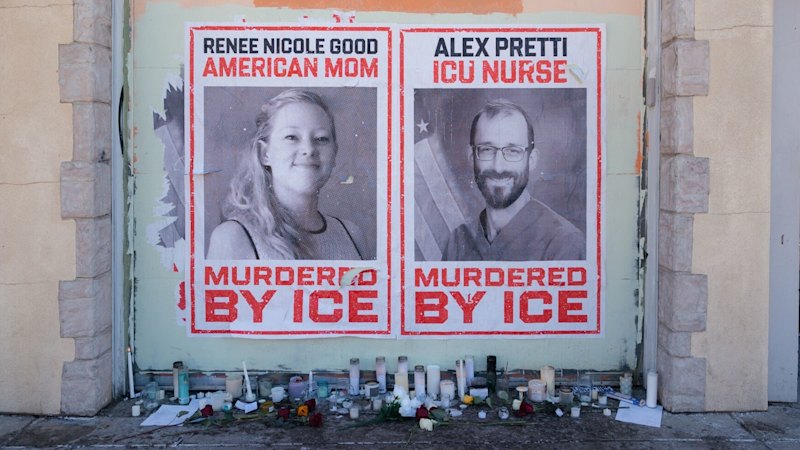
Raynor Winn, the author of the bestselling memoir The Salt Path, has found herself at the center of a controversy over the veracity of her poignant tale of hardship and healing. The memoir, which has captivated readers worldwide and inspired a film adaptation starring Gillian Anderson, recounts the journey of Winn and her husband, Moth, as they traverse the 630-mile South West Coast Path in England after losing their home. However, an investigation by the Observer has cast doubt on significant aspects of their story.
The Observer report suggests discrepancies in the circumstances surrounding the loss of the couple’s home and questions the accuracy of Moth’s terminal diagnosis. Despite the controversy, Winn maintains that her memoir is a truthful account of their transformative journey. In a statement released through her lawyer, she asserted,
The Salt Path lays bare the physical and spiritual journey Moth and I shared, an experience that transformed us completely and altered the course of our lives. This is the true story of our journey.
Publisher and Film Adaptation Stand by the Memoir
Penguin Michael Joseph, the publisher of The Salt Path, defended the book’s authenticity, stating that they conducted all necessary pre-publication checks and had not received any prior concerns. Similarly, the producers of the film adaptation assured that their portrayal was a “faithful adaptation” of the memoir.
According to the Observer, the couple’s home was lost not due to a failed investment, as claimed in the book, but because Winn allegedly defrauded her employer and borrowed a substantial sum from a relative. Additionally, the report highlights that the couple owned land in France, contradicting their portrayal of having nowhere to go.
Historical Context: Truth in Memoir Under Scrutiny
The debate over truth in memoirs is not new. The literary world has previously grappled with similar controversies, most notably with James Frey’s A Million Little Pieces. In 2005, Frey’s memoir was exposed for fabricating key details, leading to a public fallout and a lawsuit against his publisher. The incident raised questions about the ethical boundaries of memoir writing and the expectations of truthfulness.
William Bastone, editor of The Smoking Gun, which uncovered Frey’s fabrications, remarked on the evolving impact of such scandals in today’s media landscape.
The ability to shock and dismay people based on a story unearthing lies? I don’t think it would have anywhere near the effect nowadays.
The Philosophical Debate: What Constitutes Truth in Memoir?
Memoirists often face the challenge of balancing factual accuracy with the emotional truth of their experiences. Vivian Gornick, a renowned memoirist, distinguishes between the “situation” and the “story” in literature, emphasizing the importance of emotional resonance over strict adherence to facts.
In the case of The Salt Path, the unfolding controversy raises broader questions about the nature of truth in memoirs. Can a story be emotionally true even if some factual elements are embellished or altered? How do memoirists navigate the delicate line between fact and fiction?
Implications in a ‘Post-Truth’ World
The current scandal surrounding The Salt Path reflects a broader cultural shift in how truth is perceived and valued. In an era where misinformation is rampant and the boundaries between fact and fiction are increasingly blurred, the expectations of memoirs as a genre are evolving.
As social media and digital platforms continue to shape public discourse, the standards for truth in storytelling are under scrutiny. Memoirists are tasked with crafting narratives that resonate emotionally while maintaining a commitment to factual integrity.
Ultimately, the controversy surrounding The Salt Path underscores the enduring complexity of truth in memoirs. While the legal and ethical implications of the case are still unfolding, the debate highlights the ongoing tension between storytelling and factual accuracy in a rapidly changing media landscape.







